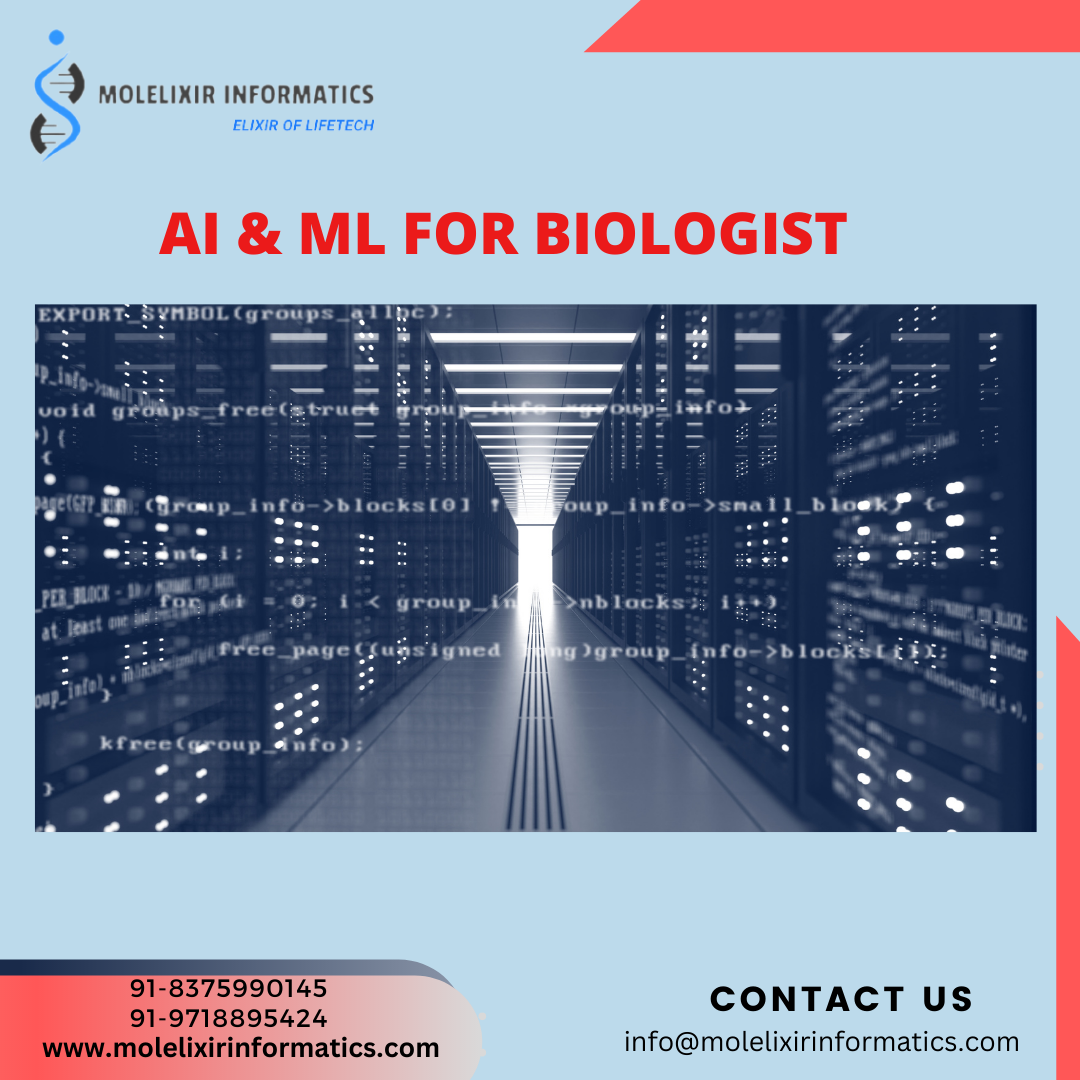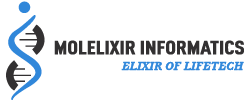AI FOR HEALTHCARE
Machine learning (ML) and artificial intelligence (AI) are transforming the way organizations do business and how consumers live. That's why IT professionals with the specialized knowledge and skills to develop the next generation of ML/AI technology innovations are in immediate demand globally and across industries.
Learn to build, evaluate, and integrate predictive models by machine learning and AI algorithms that have the power to transform patient outcomes.
Highlights and Key Takeaways:
- A robust AI decision framework, helping you understand the considerations associated with implementing AI in health care, and equipping you to ask the right questions about AI's suitability to your context.
- An awareness of how AI-powered solutions can transform health care, with opportunities including disease diagnosis and monitoring, clinical workflow augmentation, and hospital optimization.
- Insights into the various AI-based techniques impacting and improving upon traditional health care structures, including natural language processing, data analytics, and machine learning.
- At the end of the course, you can independently think how to apply AI and advance analytics in solving the problem.
AI and Machine Learning - Applications and Foundations. Become familiar with supervised machine learning and the types of problems it may be applied to.
Using AI for Disease Diagnosis and Patient Monitoring. Examine real-world applications of AI for diagnosis and patient monitoring.
Natural Language Processing and Data Analytics in Health Care. Use AI to extract value-adding outcomes from medical literature and pathology reports.
Interpretability in Machine Learning - Benefits and Challenges. Appreciate the importance and benefits of interpretable algorithms.
Patient Risk Stratification and Augmenting Clinical Workflows. Discover how AI can be applied to health care interventions and patient care.
Taking An Integrated Approach to Hospital Management and Optimization. Investigate a holistic approach to optimizing health care processes.

AI and ML for Biologist
Module 1: Fundamentals machine learning and artificial intelligence
Module 2: Introduction to data analysis
Module 3: Fundamentals of AI and various approaches and practical applications (Use case discovery)
Module 4: Clustering and principal component analysis
Module 5: Linear and multiple regression
Module 6: Feature engineering and overfitting
Module 7: Time series analysis and forecasting
Module 8: Classification and k-nearest neighbors
Module 9: Logistic regression
